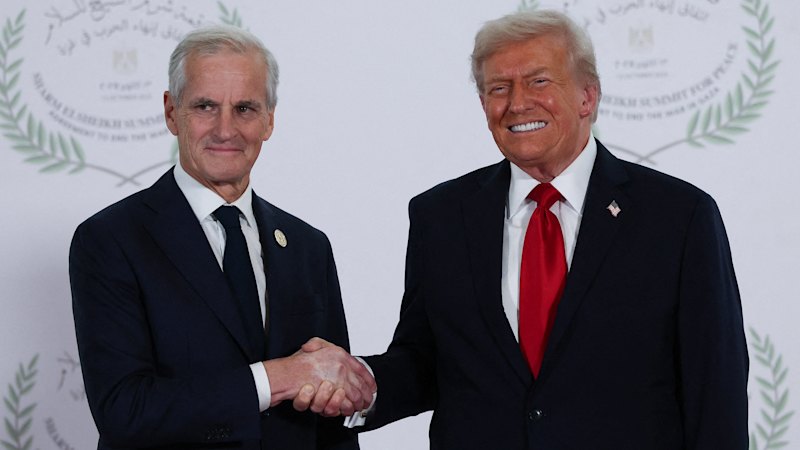
John Howard and Anthony Albanese
The recent escalation of violence between Hamas and Israel has ignited intense public debate regarding the Israel-Palestine conflict. Notably, former Australian Prime Minister John Howard and former Foreign Minister Alexander Downer have voiced strong opposition to the Albanese Government’s decision to recognize Palestine at the upcoming United Nations meeting. They argue that this recognition violates international law and prioritizes short-term political gains over longstanding international commitments.
Former Leaders Express Concerns
In a joint statement released on October 6, 2023, Howard and Downer criticized the Albanese Government’s move to align with a select group of nations, including the United Kingdom, France, and Canada, in recognizing a Palestinian state. They contended that this action undermines the enduring relationship between Australia and Israel and fails to reflect the leadership qualities of previous Labor leaders such as Bob Hawke and H. V. Evatt.
The former leaders expressed their dismay, stating, “As longstanding friends and supporters of Israel who worked in government to advance a genuine two-state solution, we are appalled by the Albanese Government’s recent behaviour.” They emphasized that recognizing Palestine is not merely symbolic but directly impacts the respect for international law. “It strikes at the heart of whether international law is to be respected or discarded whenever political expediency is deemed more convenient,” they added.
Legal and Diplomatic Implications
Howard and Downer acknowledged the devastating impact of the ongoing conflict in Gaza, attributing the current situation primarily to Hamas’ actions on October 7, 2023. They stated that the recognition of Palestine as a sovereign state should not be treated as a reward for political sympathy. Instead, they referenced the Montevideo Convention, which outlines the criteria for statehood: a defined territory, a permanent population, an effective government, and the capacity to engage in relations with other states. They argued that Palestine does not meet these standards, rendering its recognition a political gesture rather than a legal act.
“To recognize Palestine prematurely is not just poor diplomacy. It is a betrayal of the legal order that underpins the very idea of a rules-based international system,” the former leaders asserted. They called on advocates of international law to resist this “reckless and dangerous course.”
As tensions escalate globally, particularly with challenges to the international order evident in Ukraine and China’s assertive posture, Howard and Downer warned against actions that might further destabilize the existing legal framework that governs international relations.
The debate surrounding Australia’s position on Palestine continues, highlighting the complexity of international diplomacy and the challenges faced by governments in navigating sensitive geopolitical landscapes.






